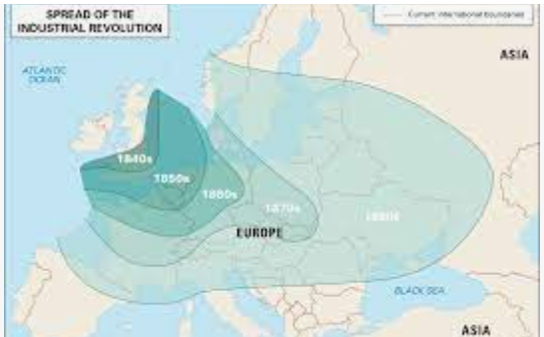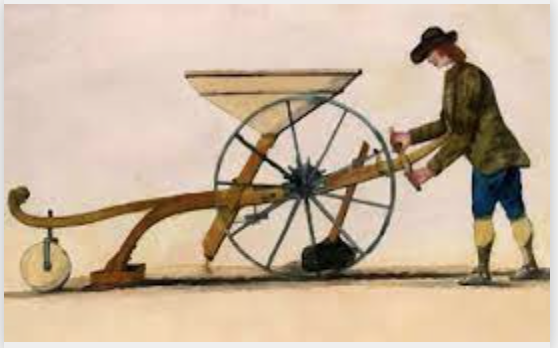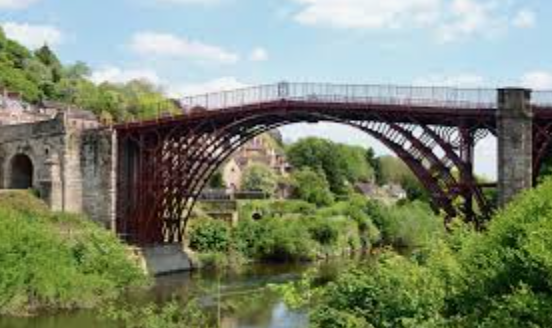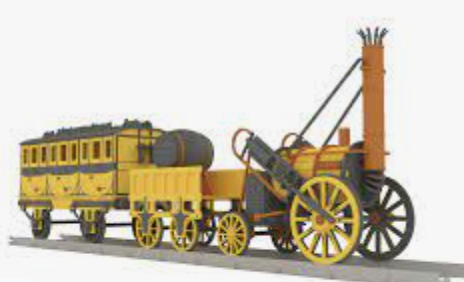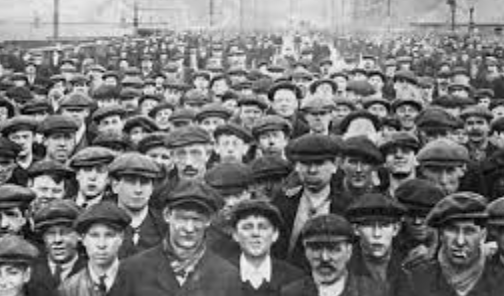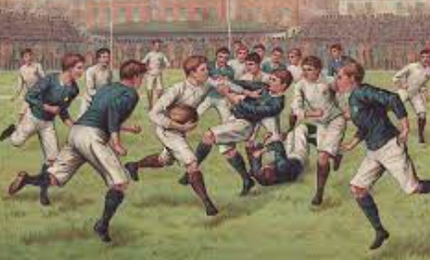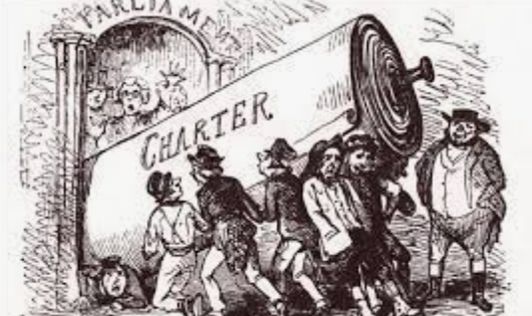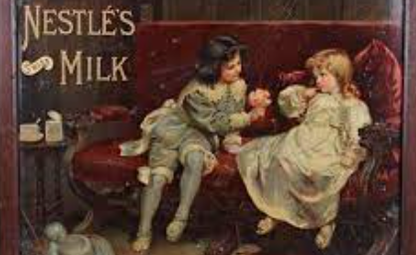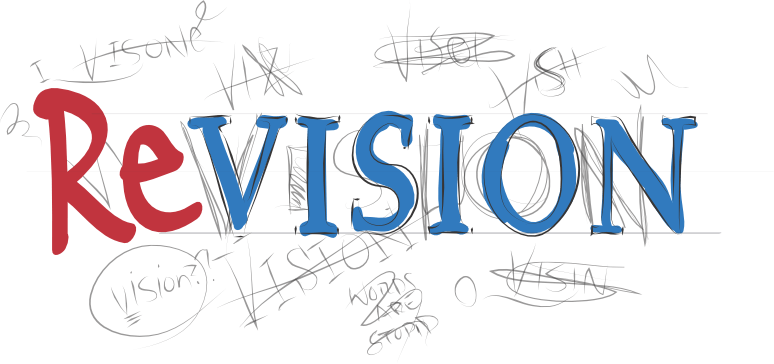* Designated a subject of particular importance in the Anglophone history oral exam.
Matu syllabus reference - Révolution industrielle et contestation sociale ; cerner l’essor de la bourgeoisie, de l’industrialisation et des transports, à l’exemple de l’Angleterre et de la Suisse, et les mettre en rapport avec les migrations, l’urbanisation, le bouleversement des conditions de vie et de travail ; faire une étude comparative des théories communistes de Karl Marx (see Matu 7, Lesson 4) et des mouvements présocialistes. Matu syllabus
Matu syllabus reference - Révolution industrielle et contestation sociale ; cerner l’essor de la bourgeoisie, de l’industrialisation et des transports, à l’exemple de l’Angleterre et de la Suisse, et les mettre en rapport avec les migrations, l’urbanisation, le bouleversement des conditions de vie et de travail ; faire une étude comparative des théories communistes de Karl Marx (see Matu 7, Lesson 4) et des mouvements présocialistes. Matu syllabus
|
This is also the first unit that features in the IB DP syllabus as Paper 2 Topic 7: Origins, development and impact of industrialization (1750–2005).
Students who wish to be considered for the Moser Double Diploma will be encouraged to complete additional assignments in this unit. Activity 1. |
Useful overview videos
|
|
|
|
Revision
|
A4 Revision essentials is a printable but not editable A4 sheet with the absolute essentials to hopefully help you pass the Matu.
'Six like Sydney' is from the notes of a very successful former student. These are often more detailed than the website and might be edited to create your own notes. |
Matu 4 - End of Unit Test - Friday 10th November 2023
There will be four sections to this test. Students should be guided by the number of marks available for the question, as an indication of how long to spend on it.
Section 1 - Factual recall [10 marks]
Section 1 - Factual recall [10 marks]
Question 2 – Recall and describe [5 marks]
In this question you will be expected to select and remember relevant historical information and present it accurately with detailed factual support.
Describe the main innovations of the agricultural revolution.
Describe the main innovations of the industrial revolution.
Describe the main features of the ‘domestic system’.
Describe the laws in Britain and Switzerland that changed the working conditions in the factories.
Describe the main industries of the Swiss industrial revolution.
Question 3 – Source analysis [10 marks]
You will be presented with one or two historical sources (visual, written, diagrammatic etc.) and you will be asked to interpret details from the source in their historical context and to evaluate its utility to the historian. (OPCVL - origin, purpose, content, value, limitation).
Question type examples:
What does the author mean by xxxx in the context of the causes of Industrial Revolution? Is he a reliable witness?
In the cartoon about child labour, what is the meaning of xxxx? How useful is the source to an historian?
In the graph showing population increase what is the significance of xxxx? What are the value and limitations of such graphs?
Question 4 – Historical Explanation [15 marks]
In this question you will be expected to provide a coherent, well supported historical explanation that goes beyond a merely accurate, chronological ordering of events. The best answers will provide a well-structured, thematic account that relies on an analytical approach to the question that is well supported by accurate historical knowledge.
You will answer one from a choice of two of the following questions:
Why was Britain the first country to have an industrial revolution?
Explain how Britain was socially and culturally transformed by the industrial revolution.
Examine how and why Britain was politically transformed during the 19th century.
In this question you will be expected to select and remember relevant historical information and present it accurately with detailed factual support.
Describe the main innovations of the agricultural revolution.
Describe the main innovations of the industrial revolution.
Describe the main features of the ‘domestic system’.
Describe the laws in Britain and Switzerland that changed the working conditions in the factories.
Describe the main industries of the Swiss industrial revolution.
Question 3 – Source analysis [10 marks]
You will be presented with one or two historical sources (visual, written, diagrammatic etc.) and you will be asked to interpret details from the source in their historical context and to evaluate its utility to the historian. (OPCVL - origin, purpose, content, value, limitation).
Question type examples:
What does the author mean by xxxx in the context of the causes of Industrial Revolution? Is he a reliable witness?
In the cartoon about child labour, what is the meaning of xxxx? How useful is the source to an historian?
In the graph showing population increase what is the significance of xxxx? What are the value and limitations of such graphs?
Question 4 – Historical Explanation [15 marks]
In this question you will be expected to provide a coherent, well supported historical explanation that goes beyond a merely accurate, chronological ordering of events. The best answers will provide a well-structured, thematic account that relies on an analytical approach to the question that is well supported by accurate historical knowledge.
You will answer one from a choice of two of the following questions:
Why was Britain the first country to have an industrial revolution?
Explain how Britain was socially and culturally transformed by the industrial revolution.
Examine how and why Britain was politically transformed during the 19th century.
Click on the following link to access the test


